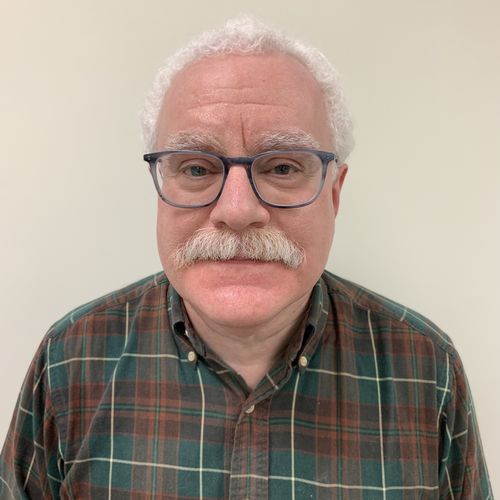About This Webinar
The determination of image quality is a multifaceted problem, dependent upon illumination, optical system construction, and the image sensor. When the optical system is used in conjunction with the human visual system, as is the case with AR/VR systems, the contribution of the eye should be considered when assessing the image quality. Buralli provides a historical overview of some of the most successful image quality metrics that incorporate characteristics of the visual system. They consider examples from photography (the subjective quality factor, or SQF), physiological optics (the visual Strehl ratio), and visual instrument design (modulation transfer functions, or MTFa and MTFv).
Several examples are provided that illustrate how the calculated metrics correlate with perceived image quality and the actual images produced by simultaneous-vision bifocal lenses. Consideration of the image-forming process as a linear system, with the optical transfer function providing a measure of the fidelity of information transfer from object to image, reveals a common thread among the most successful image quality metrics — namely, emphasizing optical performance at the spatial frequencies where the eye has the highest contrast sensitivity, rather than at the spatial frequency of limiting resolution.
***This presentation premiered during the
2023 Photonics Spectra Conference. For more information on Photonics Media conferences, visit
events.photonics.com.
About the presenter

Since January 2003, Dale Buralli, Ph.D., has served as chief scientist at Apollo Optical Systems Inc. There, he is responsible for the design and optical modeling of a wide variety of optical systems — for example, virtual/augmented reality, ophthalmic, and other imaging and illumination systems. In addition, Buralli provides support for the optical tooling of lens molds and prototypes, including the development of custom software for both production and metrology. He is an adjunct associate professor of optics at the University of Rochester’s Institute of Optics, where he teaches a required graduate course in geometrical optics.